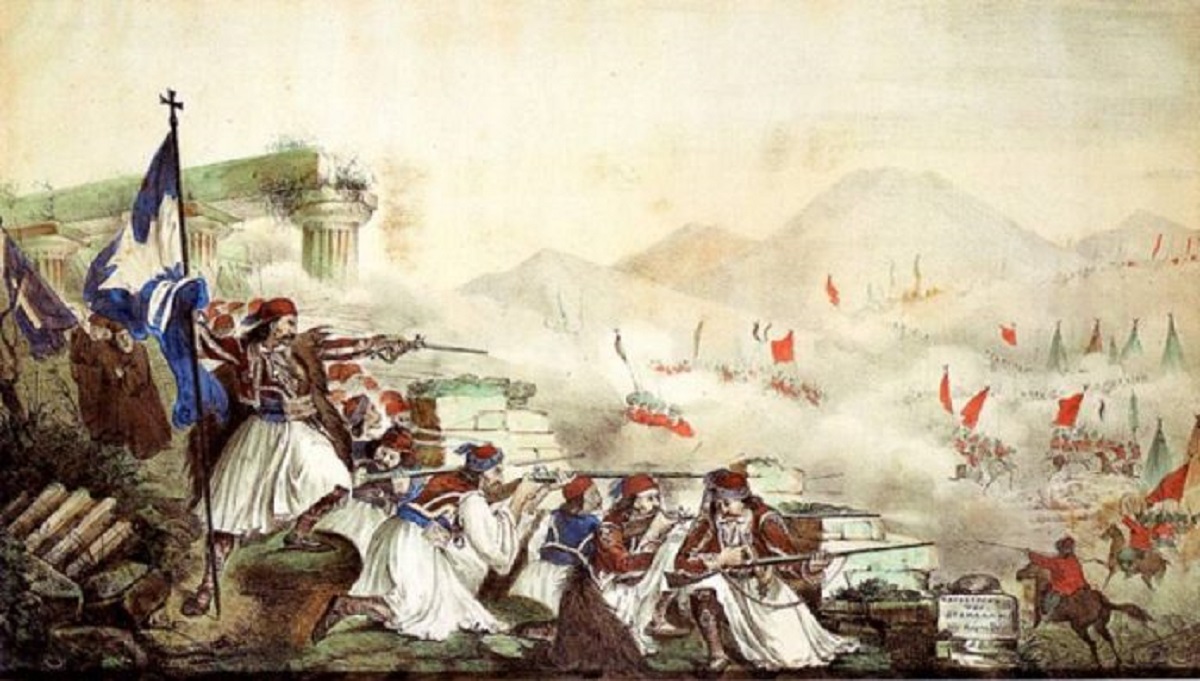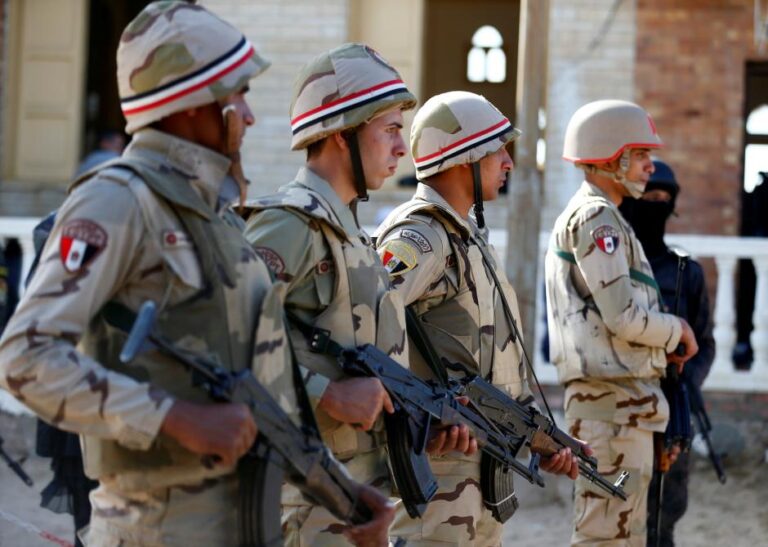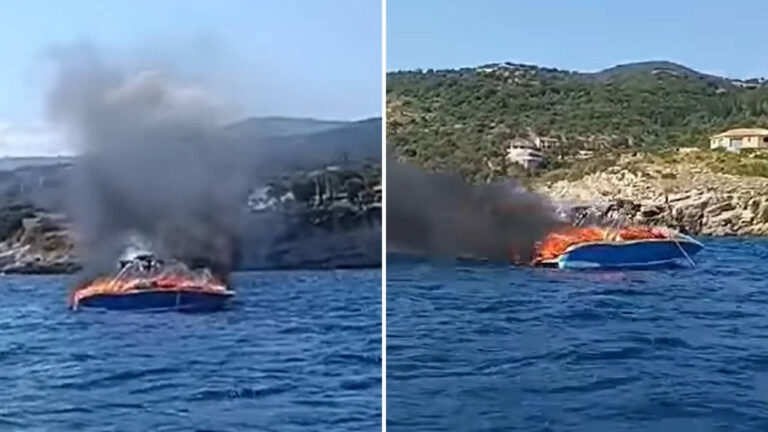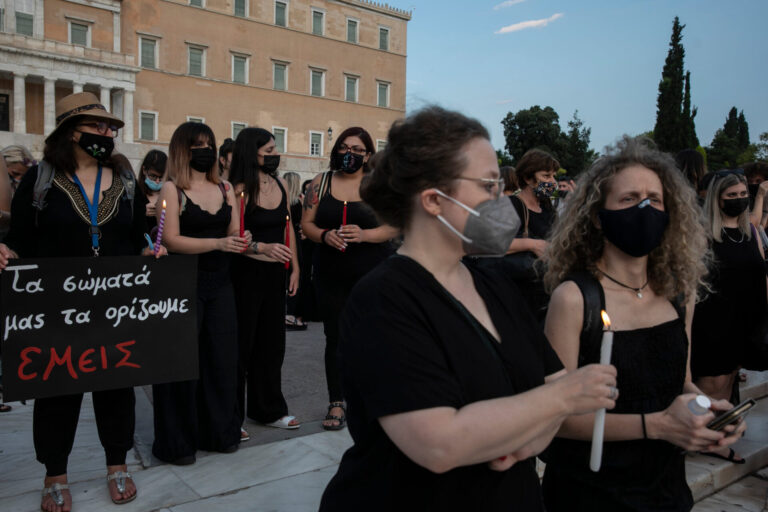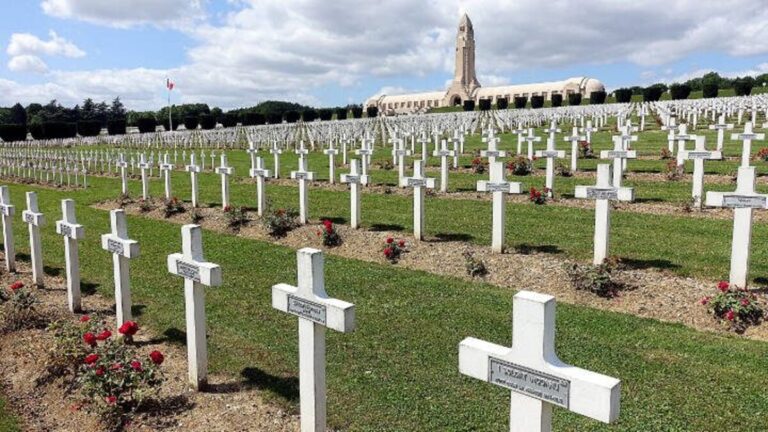Greek soldiers gained fame around the world in modern times for their incredible courage and fierce resistance against the Italian and German invasions in 1940 and 1941 and also during the brutal years under Axis occupation.
Historical figures have long praised the Greeks for their strength and commitment to justice and freedom.
The iconic British statesman Winston Churchill, who led the United Kingdom during World War II, reportedly praised the Greek people in a BBC speech during the first days of the Greco-Italian War, stating: “Until now we used to say that the Greeks fight like heroes. Now we shall say: Heroes fight like Greeks.”
The exact wording of Churchill’s praise is debatable. Some historians even argue that he never said such a thing. Whether true or false, the British statesman’s words have become legendary among Greeks.
World leaders praise bravery of Greek soldiers
In another statement at the House of Commons on April 24 1941, he said: “The word heroism I am afraid does not render the least of those acts of self-sacrifice of the Greeks, which were the defining factor in the victorious outcome of the common struggle of the nations, during WWII, for the human freedom and dignity. If it were not for the bravery of the Greeks and their courage, the outcome of WWII would be undetermined.”
Leaders from around the world acknowledged Greece’s “underdog” quality, admiring the country’s resolve and indomitable courage.
American President Franklin Roosevelt honored the Greeks only a few months after the Axis invasion, noting that their courage inspired all of America:
The heroic struggle of the Greek people to defend their liberties and their homes against the aggression of Germany after they had so signally defeated the Italian attempt at invasion has stirred the hearts and aroused the sympathy of the whole American people.
French President Charles de Gaulle noted during a speech in the Assembly after the end of WWII: “I am unable to give the proper breadth of gratitude I feel for the heroic resistance of the People and the leaders of Greece.”
Joseph Stalin, the Russian leader, praised the Greek people for their courage in a broadcast by the Moscow radio station on January 31, 1943 after the victory against the Germans at Stalingrad. He acknowledged that Greece’s resistance was a turning point in WWII, saying, “I am sorry because I am getting old and I shall not live long to thank the Greek People, whose resistance decided WWII.”
Even Greece’s brutal invaders were eventually forced to recognize the bravery of the country’s people, as Adolph Hitler famously announced afterward that he had never faced a more courageous adversary.
The Greco-Italian War began on October 28, 1940, when Greek Prime Minister Ioannis Metaxas rejected Italian Fascist leader Benito Mussolini’s ultimatum to allow his troops to transit Greece.
Metaxas’ famous rejection is now celebrated in Greece, Cyprus, and throughout the diaspora in the annual celebration of OXI Day.
Upon Metaxas’ refusal, Mussolini’s forces invaded Greece, which is widely considered a huge disaster of military miscalculation, as the Greek soldiers kept the Italians back with unbending tenacity.
After the fiasco, Mussolini even commented that “the war with Greece proved that nothing is firm in the military and that surprises always await us.”
Source: Greek Reporter

